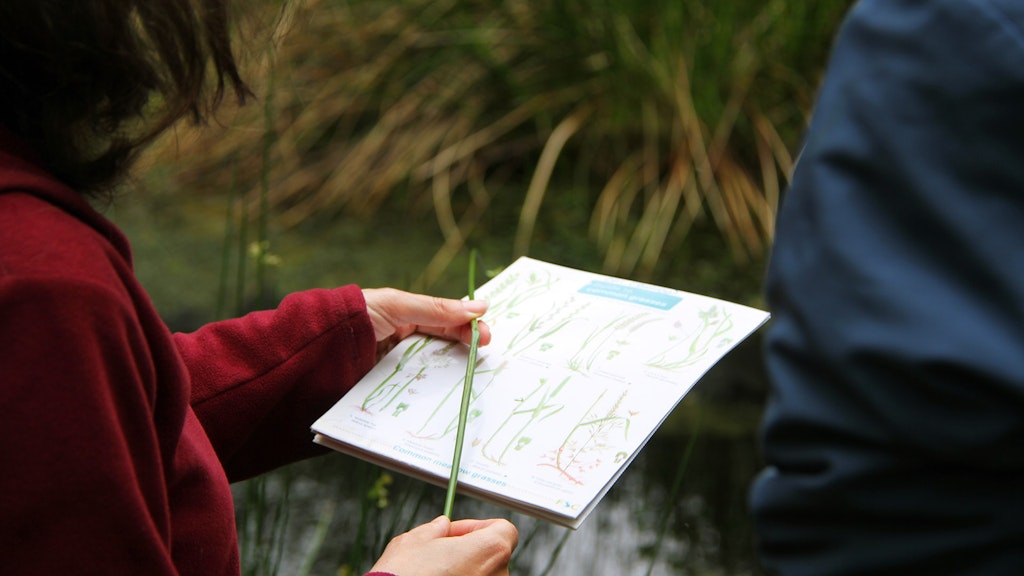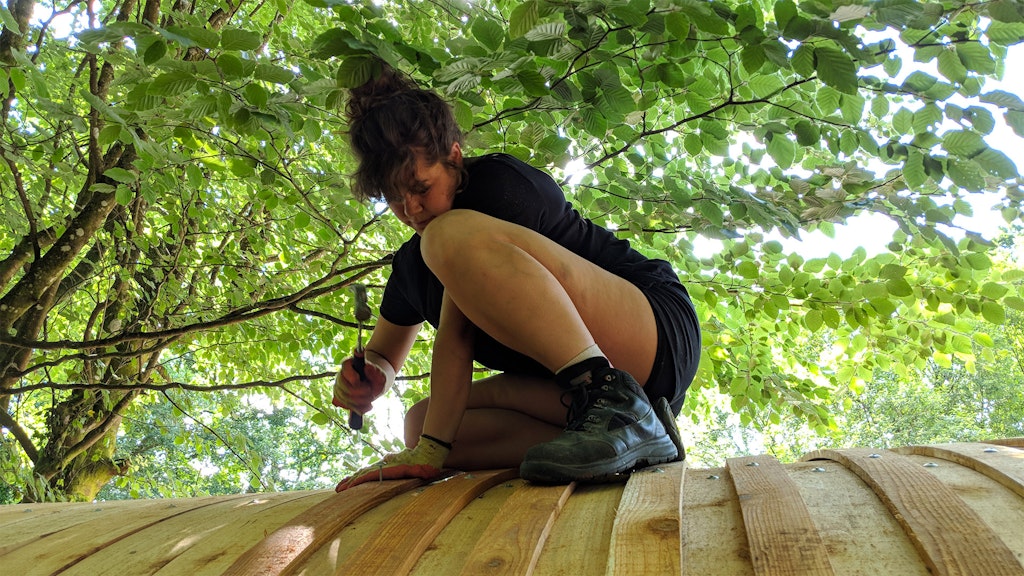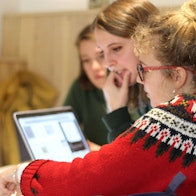
Study Experience
The Graduate School offers an immersive educational environment where academic learning is combined with practical experimentation, providing the skills needed to build a more sustainable future.
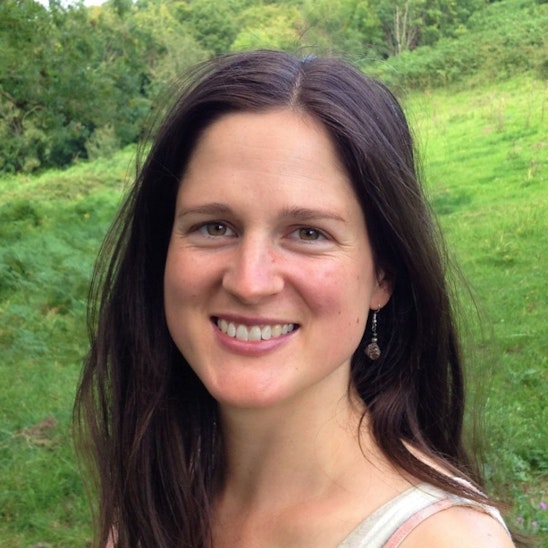
CAT Stories: Lucy Bird
“The course was greatly informative and covered such a breadth of topics that I really felt like I got to dig into the deeper causes of socio-environmental issues, and understand how the whole societal system linked up. I was grateful for each module that we covered – from the practical (e.g. building, farming) to the conceptual (e.g. economics, behaviour change). The quality of the lecturers and guests was excellent”
What our students say
“I found the assignments thought-provoking, interesting, innovative and certainly challenging.”
“The pattern of week-long intensive lecture and studio time in a residential setting is a great incubator for the in-depth discussion, sharing of information and experiences, and peer-to-peer learning that makes CAT quite unique.”
Studying at CAT is not like studying at any other university. My studies have been positively impacted by the absence of competition and unnecessary pettiness which often occurs in architecture schools. CAT has been a home, a family and the greatest experience I have undertaken up to this moment in time.
As a student on the Sustainability and Adaptation course I was able to use the buildings on site as real case studies, including undertaking air pressure testing and thermal imaging on the Self Build house, undertaking experiments with green roofs, using the workshop for straw bale construction and building a prototype timber frame disaster shelter on site. Being able to witness the load testing of the world’s first rammed earth arch, made by a fellow architecture student, was quite amazing.
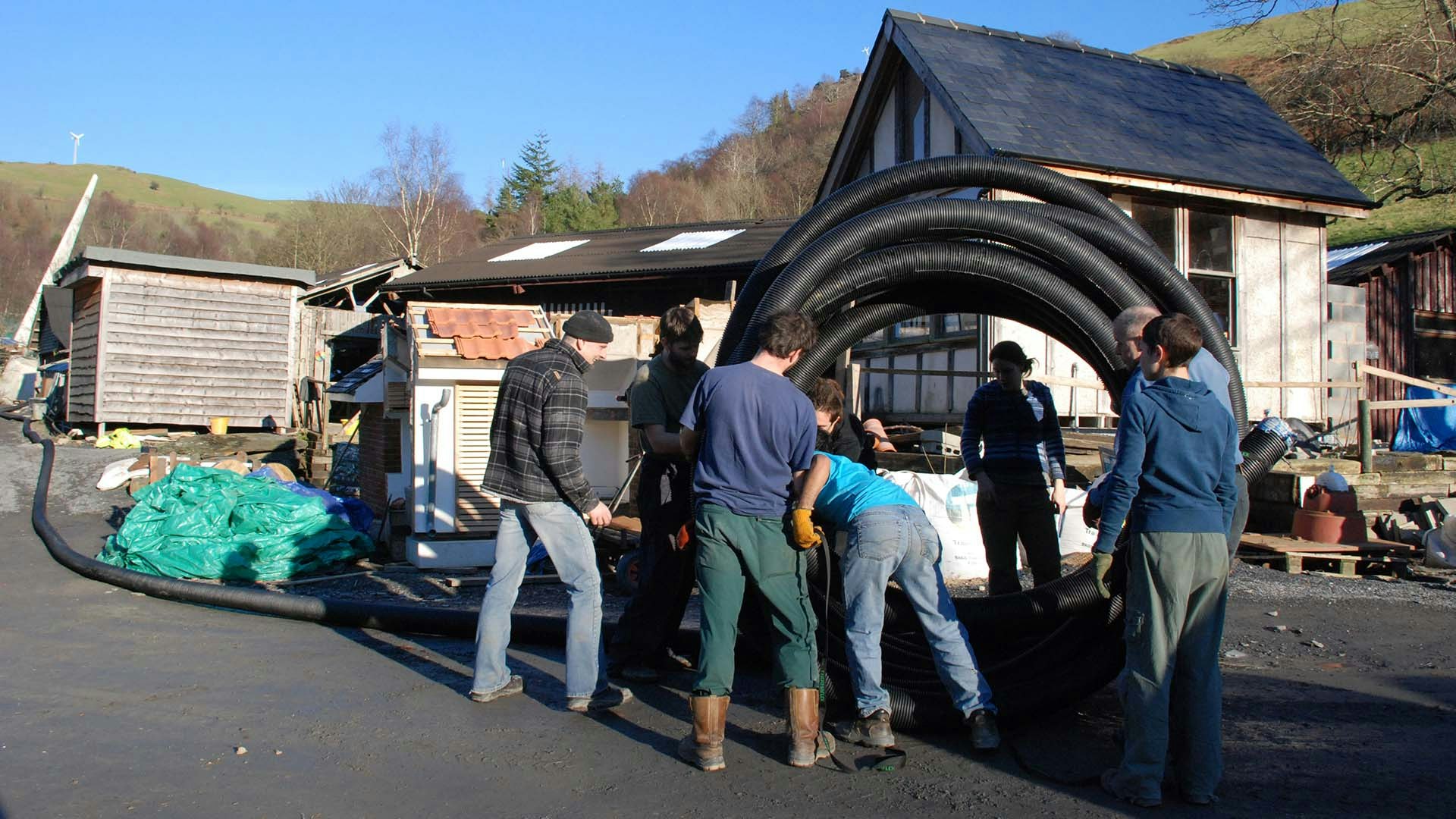
Flexibility
We know that many students have jobs, families and other commitments alongside their passion for sustainability. This is why we offer flexible learning options to enable you to build your knowledge and skills without sacrificing other areas of your life.
Courses

Focus on researching the causes and urgency of climate change, the solutions we have already, and the actions needed, on our MRes in Sustainability and Adaptation.
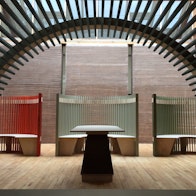
M.Arch Sustainable Architecture
Our M.Arch Sustainable Architecture offers architects an ARB accredited Masters level qualification (currently referred to as Part 2*), drawing on CAT’s more than 50 years of experience in sustainability practice.
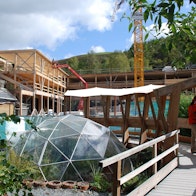
Green Building
Develop a comprehensive understanding and confidence to apply sustainable design principles on our MSc in Green Building.

Sustainability in Energy Provision and Demand Management
To tackle climate change we need a transformation in our relationship with energy. Our MSc Sustainability in Energy Provision and Demand Management explores this on a local, national and international…
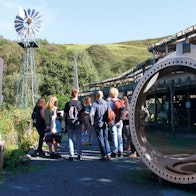
Sustainability and Adaptation
Examine the causes and urgency of climate change, what actions are needed and – crucially – what solutions we have already, on our MSc in Sustainability and Adaptation.
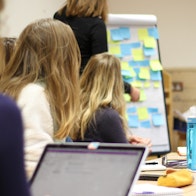
Sustainability and Behaviour Change
Delve into how we can create the systemic, political and societal changes needed to address the climate and biodiversity crisis on our MSc Sustainability and Behaviour Change.
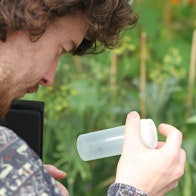
Sustainability and Ecology
Explore how we can protect and rehabilitate nature whilst maintaining essential ecosystem services on our MSc Sustainability and Ecology.
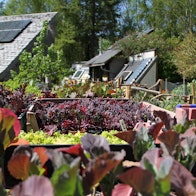
Sustainable Food and Natural Resources
Develop your knowledge and understanding of the impacts of environmental change on global and local food systems and the natural world on our MSc Sustainable Food and Natural Resources.
Contact us
Get in touch with the Graduate School or sign up for our e-news

